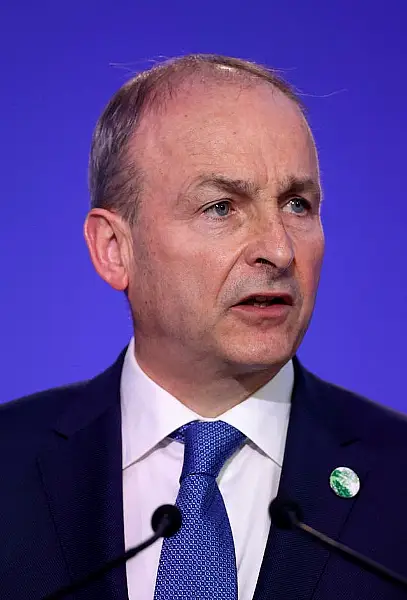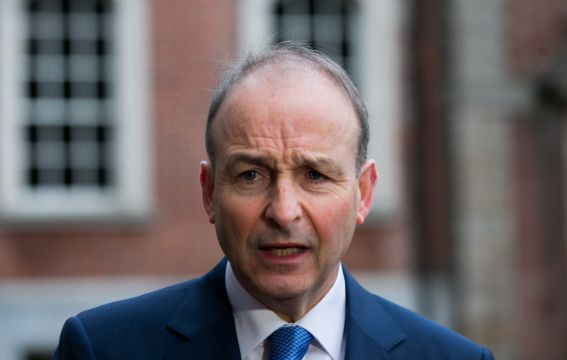The Taoiseach has said his party Fianna Fáil was working within the legal framework when it declared itself a “charity” to hold a fundraising raffle.
Micheál Martin defended a decision to apply to the court for a licence that is usually granted for charities.
The Irish Independent reported that Fianna Fáil was granted the licence by the District Court to run a fundraising lottery.
A law, enacted in December last year, allows the District Court to issue a lottery licence to charities.
Fianna Fáil’s James Browne said at the time of its enactment that the Gaming and Lotteries (Amendment) Act 2019 was designed to “help the better promotion of local gaming and lottery activity held primarily for charitable and philanthropic purposes”.
It allows charities and philanthropic causes, like sports clubs and community organisation, to run lotteries to help raise money.
However, as there is no explicit definition of the bodies that can apply for a licence, political parties are also allowed to lodge applications to the court.
Speaking on Thursday, Mr Martin defended the decision to run a €600,000 raffle.
“All political parties raise funding within very strict frameworks now that govern modern party political fundraising,” he added.
“Politics is important in society, particularly in democratic societies. They are actually quite fundamental to democratic systems.
“Our party applied for a licence to operate, to do it within a legal framework, which is the right thing to do, and the courts granted that licence.
“A judge made a decision in respect of this. A licence application went before (the court) and that was within the legal frameworks.

“The law is there, the Act is there.
“The judge made a decision in respect of the application and the licence was granted. That is the legal framework within which the raffle operates.
“We have thousands and thousands of voluntary members across the country who contribute to the process and I repeat, political parties play an important part of a democratic system.
“I don’t accept any sort of suggestion or indication that there’s something wrong with parties existing within society and being in a position to raise funding within, obviously, legal frameworks.
“I would make the point that it is important that political parties have the capacity to fundraise within the law, within the legal framework.
“A licence was applied for, and the courts judged that was an appropriate application and granted the licence to hold the raffle.”







